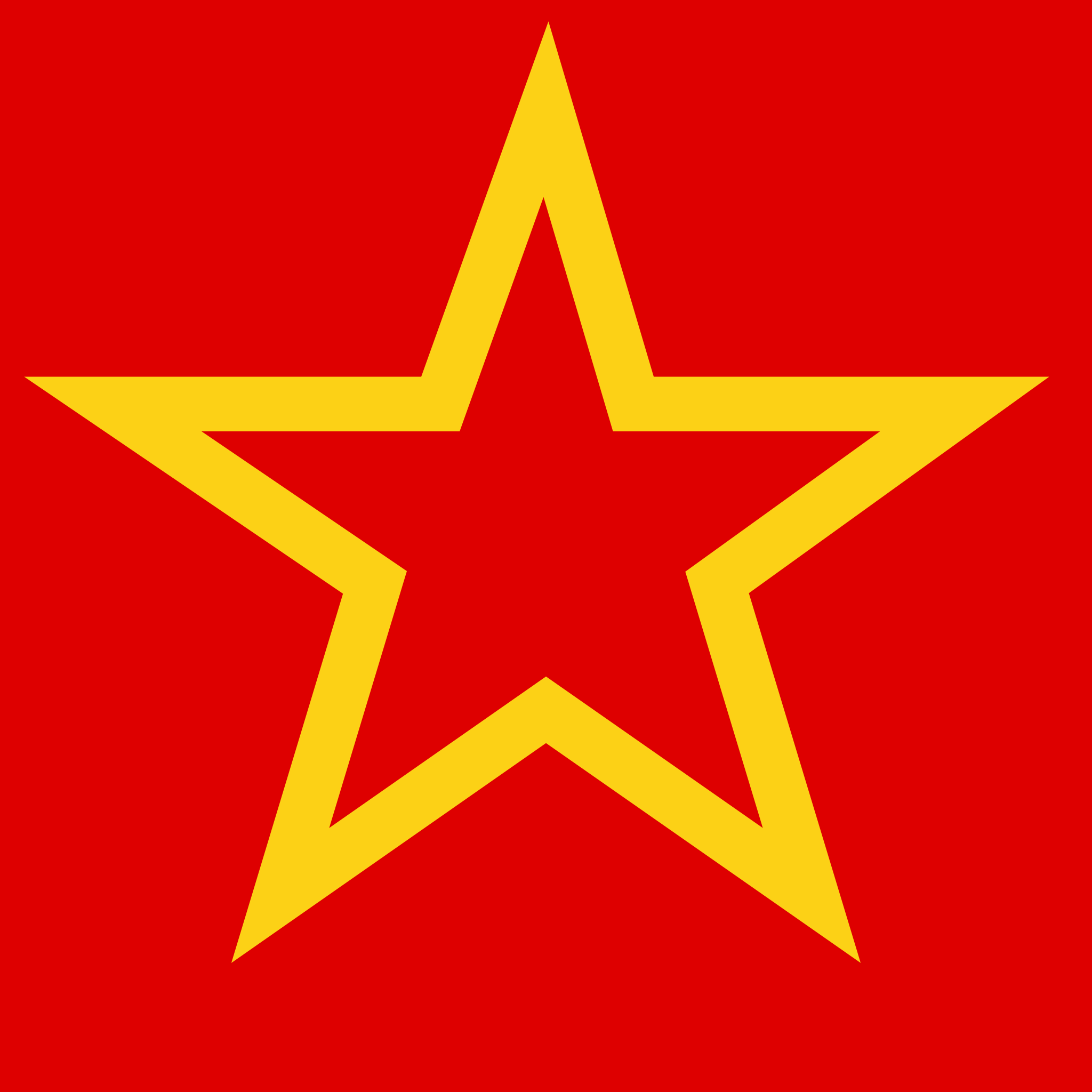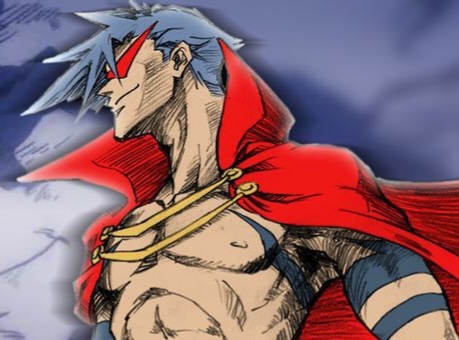Agree with most things here, but one thing that's missing is their treatment of the past. Khrushchev totally denounced Stalin, decried his project, and sucked the wind out of anybody who believed in the future of communism in the USSR and elsewhere. I cannot overstate how big of a deal the Secret Speech was at the time, and how truly awful it was for communists around the world. The CPC has done nothing of the sort with Mao, and while their official policy is the Cultural Revolution was Not Great, there is no talk at all within any organ of the CPC that Mao and the early communists were dictatorial, evil, or anything of the sort. 70% good, 30% bad allows you to have a cohesive line going from Mao to now, which only strengthens communist resolve.
China mostly supported anti-colonial movements as well, they actually spent a higher percentage of their budget on aid to African nations etc than the USSR did.
one thing that hasn't been mentioned yet is the (sometimes excessively) pragmatic foreign policy, where they never actively support revolutionary movements elsewhere
this is often criticized by many communists, but as someone once said to me, the true meaning of "internationalism" in our current material conditions isn't really helping you cross the river, but standing on the other side to extend a hand when you cross it yourself
as a brazilian i 100% agree with this, our revolution is our own task, all i ask is for them to not leave us to the flies once we get there - by keeping commerce going with us regardless of sanctions, by sharing tech with us, by helping us build infrastructure, and so on
This was also a result of the Sino-Soviet split and the jockeying between USSR and PRC for "leader of the world revolution" which forced the USSR to spend a lot supporting revolutions abroad in order to avoid losing leadership of global communism to Mao's China.
Kind of wonder how things would've turned out without the Sino-Soviet split.
Likely much better for the Soviet Union, much worse for the US and hard to say for China. But it's kind of pointless to speculate on hypotheticals like that, better to look at how things actually unfolded and draw what lessons can be drawn from the failure of the USSR and success of the PRC.
Mao definitely billed China and himself as the leaders of world Communism and particularly the example for Asia, Africa and Latin America, as opposed to the revisionist Soviets.
They were scared. The SU openly talked of a nuclear attack on China in a CC meeting, and it got filtered back to Mao. That said, Deng was head of the negotiations and heavily favoured the split. After this, and more so after Nixon in China developed a detente with the US they began to do whatever they thought they had to to maintain their independent policy against the SU.
Khruschev undoubtedly was revisionist and a bad choice in many ways, but there's a saying Catholics have, "Better to be a heretic than a schismatic." Unless someone has gone full Pol Pot, don't fucking split.
I'm not sure, but I'll look into what their contemporary justification was if you specify which support specifically you are talking about?
Only thing I can think of would be if they were trying to curry favor with the Americans to eventually open up trade relations.
the true meaning of “internationalism” in our current material conditions isn’t really helping you cross the river, but standing on the other side to extend a hand when you cross it yourself
all I want my government to do is figure out a humane system of healthcare before they bomb entire nations into rubble. Americans know that our societal model is shit, yet they still support their government in all of its wars.
the Chinese model of internationalism is one which respects sovereignty which is somehow a radical idea in America/Europe.
The ussr competed against the usa.
China let America get addicted to its cheap labor and hollowed America out.
Also the 20+ years of the ussr fall coupled with America unraveling at the seams has done alot to allow China to grow.
More accurately, American capitalists hollowed out the country by moving the means of production to where it was cheapest. It was something they were inevitability gonna do, chasing the profit high. It seems China just anticipated it, and used the flow of capital to their favor.
“Absorbing foreign capital and technology and even allowing foreigners to construct plants in China can only play a complementary role to our effort to develop the productive forces in a socialist society. Of course, this will bring some decadent capitalist influences into China. We are aware of this possibility; it's nothing to be afraid of.” - Deng
For the leaders of the CCP sure but, the sweatshop guys aren't feeling the power, but the boot on the neck, imported from America.
theyve actually felt consistently rising wages and improving working conditions, year after year for the last several decades.
Industrializing is no joke, you can't pay workers very well if the country isn't producing anything to pay them with. This is especially true when you need to be recirculating most of that surplus back into improving the means of production they're currently working and elsewhere.
Each labor-hour just doesn't produce that much in a non-industrialized economy. It's a brutal, if not barbaric, period of development. It was awful in America, it was awful in the Soviet Union, and it's awful in China.
China genuinely produced 90% of the world's steel and concrete in like 2019, it's wild.
Making the west’s consumption and service economy completely dependent on its manufacturing
Integrating into the world financial system while maintaining a dictatorship of the proletariat and cohesive state
:this: This. Nixon coming over in the 70s and intertwining the American and Chinese economies has benefitted both countries (as trade does, per economics 101). But it's just that the leadership of the CCP has focused on Marxism and class struggle the entire time, with Xi being by far the most well-educated world leader on earth right now, a son of a Chinese revolutionary, and he's laser focused on China not going the way of the USSR.
One thing I need to mention though. The Russian Revolution started in 1917, and the revolutionaries began to die out in the 60s and 70s, leaving the "next generation" in charge - the first generation raised under the revolution (Gorbachev and Yeltsin). This next generation, with no memories of the struggles of the revolution, let it all fall apart. I fear something similar might happen with China. Remember: China's revolution was in the 1940s, 30 years after the USSR. So right about now is the time that the "next generation" is coming to power in China, with all the original revolutionaries dead. Luckily, Xi is dedicated to upholding Marxism in China (he actually got a PhD in Marxist Ideology in 2002), so he is no Gorbachev and definitely no Yeltsin. But he is just one person, and I have no idea if the next leader after him will be the same.
His daughter went to Harvard. The next generation will not feel the pressure of absolute poverty, and will feel the allure of western decadence.
They're doing all the right things, don't worry comrade. Xi is only making it harder to join the Party, and the young communists of China are pretty, well, communist. All the Chinese students who studied in the US go in one of two paths. The first path is the "wow I can make so much money in the US I love it here I'm never going back" and the second is "holy fuck the West is worse than anything they ever told me back home, this place needs to be destroyed." Only one of those paths leads back to China, and thankfully it's good for the future of the Party.
they liberalized their economy without liberalizing their politics. there could be no modern China without Deng Xiaoping.
I remember Slavoj Zizek relaying a story to an audience about some contact that he had in China who was close to Deng Xiaoping's daughter. According to his source, when Deng was asked what his proudest accomplishment was, his answer was him opening China to global trade without democratizing Chinese politics.
Libs like to think of the Tiananmen Square riots as being anti-communist but the truth is the movement sought communism alongside democracy. Deng Xiaoping resisted that instinct and so you have the China that stands before you.
In these times of doom and despair in the west, China is a beacon of hope for human civilization. Nevertheless, it's pretty grim to think about what they've had to do as a society to become that.
Nevertheless, it’s pretty grim to think about what they’ve had to do as a society to become that.
It is grim, certainly, but I think it stands out particularly because China ascended to the status of a developed nation within living memory. If we compare recent Chinese history to the labor conditions and repression which took place in the West during the industrial revolution, it doesn't seem particularly heinous. Not good - and I think it is shitty to handwave the backbreaking work required to become the capitalist world-market's mega-factory of choice - but honestly I'd be interested to hear about any other state which underwent an industrial transformation remotely on that scale without enduring even more brutal conditions.
One area is luxury goods. The USSR was pretty reliable in getting people infrastructure to continue existing, but a recurring theme in the propaganda distributed internally by sabateurs was about the lack of luxury goods. China doesn’t have nearly as hard a time with this.
Also liberalizing their economy without falling the fuck apart and devolving into capitalism seems to be going much better in China than in the USSR.
without ... devolving into capitalism
I understand what you mean here, but I think your point would be better made if you phrased that differently. The Chinese economy can definitely be defined as "capitalist" at this point imo, but whether you would characterize the political system in a similar way is up for discussion of course.
You more or less can't build a more Socialistic economy than China's right now. Unironically.
The Soviet economy produced a lot of social instability and had problems ranging from workers causing meat shortages because high wages + govt subsidies (democratic populism) created unequal exchanges in labor value that let Soviet citizens consume way more meat than their American counterparts, and factories just straight up lying about their production output to accumulate surplus currency. These contradictions, i.e workers maxing out production constantly with their high wages created the fertile ground for scalpers and the black market gangster class like Yeltsin to accumulate and overthrow the Proletariat and its bureaucrats within 70 years.
The tools to actually run an economy based on labor hours are only coming into fruition today and are in their infancy, and it will be very difficult and precarious to transition China's gargantuan economy to that truly socialistic mode of production. The digital yuan and 5G-AI-IOT "4th industrial revolution" are the clear - but tentative - first steps toward that goal.
If the Soviet Union had survived to this day it would have been much easier, maybe almost completely painless, but the contradictions took it down before the technologies could have been developed. Yeltsin and Kruschev should never have been allowed to exist, but in all honesty the timing and other externalities (such as Lenin passing too soon - Kruschev likely would not have been able to denounce Lenin) probably made them inevitable.
Paul Cockshott's videos on the subject are fantastic (he does identify the Soviet Union as genuinely socialist) despite being a giant social reactionary. He also touches on Venezuela and it's government's mistakes in accidentally creating food shortages by giving workers high wages and subsidizing food as an example of the pitfalls and contradictions that socialist worker democracies can face while running on money instead of labor-hours. It also just genuinely illuminates why China is taking the path that it is, and why the DPRK is struggling despite sharing a border with China.
Yeah I think that’s more about this site’s reflexive pushback against calling China capitalist than it is about how I perceive their markets. I frankly don’t care about the labels nearly as much as the material conditions, which seem to be still improving on the whole.
Fair enough, it's not all that important on here to get the language perfect
Blue jeans and records for everyone
But srly, I’m thinking about your point. On the one hand it makes sense but on the other it can and does reproduce class inequity pretty similar to what the US has.
does reproduce class inequity pretty similar to what the US has.
china was focusing on eradicating extreme poverty first, it's only now that they're actually starting to focus on reducing inequality
that said, i'd say the situation is very different since even with a very bad health care system every chinese still has their basic needs covered; even with rising housing prices, the majority of chinese outright own their homes, including 70% of millennials (which is a huge stat imo); they live with better infrastructure, and so on
all of these are part of what being "working class" means, so i don't think they're comparable situations, especially given that even today america is like 5 times richer
The capitalist class created Yeltsin in the USSR, it's genuinely hard if not impossible to prevent opportunists from accumulating wealth and gaining power without abolishing money.
It's a better set of incentives to let them get rich out in the open away from political power as much as possible (i.e Jack Ma) than to make joining the party the way to get and hoard treats (Yeltsin, Gorbachev).
This was my thought as well. The Soviets mostly emphasized heavy industry and I forgot which leader said light industry needed to be developed.
The Soviets couldn't plan enough of the economy at the time and running worker wages too close production capacity, especially with opportunist-run factories, created the capitalist-blackmarketeer-gangster class that overthrew the Proletariat through Kruschev, Gorbachev, Yeltsin and now maintains control through Putin.
It could have been saved but it's easy to see why China doesn't want to play with fire like that and would rather have opportunists turn out like Jack Ma rather than Gorbachev and Yeltsin.
I think the Euroamerican powers related to the PRC first and foremost as “place where we purchase cheap labor”, secondarily communists. And so China was thoroughly integrated into the heart of capitalist world system, after the opening up period.
Whereas I think the soviets were more exogenous; something outside the system that the Euroamerican powers was often competing against and confronting.
If China weren’t so well-integrated, I have zero doubt that they’d be subject to far more embargoes than they are. Just imagine the US giving up good produced in China; it would be unimaginably catastrophic. So the US attempts piecemeal blockades; the parts of the tech sector with the highest value-added, some things produced in Xinjiang, etc
Also, until the nominal decolonization era, straight up divvying up the globe and doing explicit “protectorate” shit seemed much more common. Like, the USSR’s role in the division of Korea, or the creation of Israel. It’s crazy to think about, but that is 100% what imperialist nations were going to do to chunks of land no matter what; so, the USSR either gets involved in that mess, or it lets the imperialist nations continue to literally draw the world in whatever image they see fit. I can’t imagine that was too conducive to maintaining a functional society.
I don’t know that much history though
Perestroika was a suicidally stupid disaster that everyone but Gorbachev rightly regarded as a catastrophic blunder
he is an effective communicator, I also really liked another one he wrote called Why Marxism?











